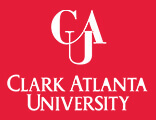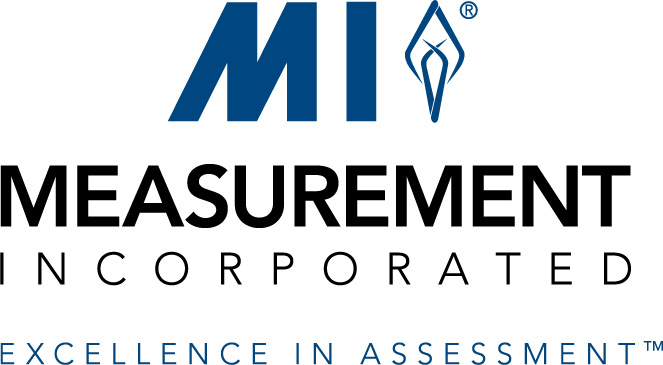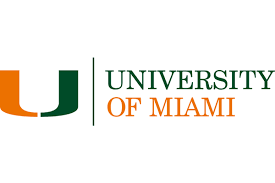ITEMS Portal
Module 04: Formula Scoring of Multiple-Choice Tests
Product not yet rated
-
Register
- Learner - Free!
Formula scoring is a procedure designed to reduce multiple-choice test score irregularities due to guessing. Typically, a formula score is obtained by subtracting a proportion of the number of wrong responses from the number correct. Examinees are instructed to omit items when their answers would be sheer guesses among all choices but otherwise to guess when unsure of an answer. Thus, formula scoring is not intended to discourage guessing when an examinee can rule out one or more of the options within a multiple-choice item. Examinees who, contrary to the instructions, do guess blindly among all choices are not penalized by formula scoring on the average; depending on luck, they may obtain better or worse scores than if they had refrained from this guessing. In contrast, examinees with partial information who refrain from answering tend to obtain lower formula scores than if they had guessed among the remaining choices. (Examinees with misinformation may be exceptions.) Formula scoring is viewed as inappropriate for most classroom testing but may be desirable for speeded tests and for difficult tests with low passing scores. Formula scores do not approximate scores from comparable fill-in-the-blank tests, nor can formula scoring preclude unrealistically high scores for examinees who are very lucky.
Keywords: correction, formula scoring, guessing, multiple-choice, partial information, speeded tests, test score

















